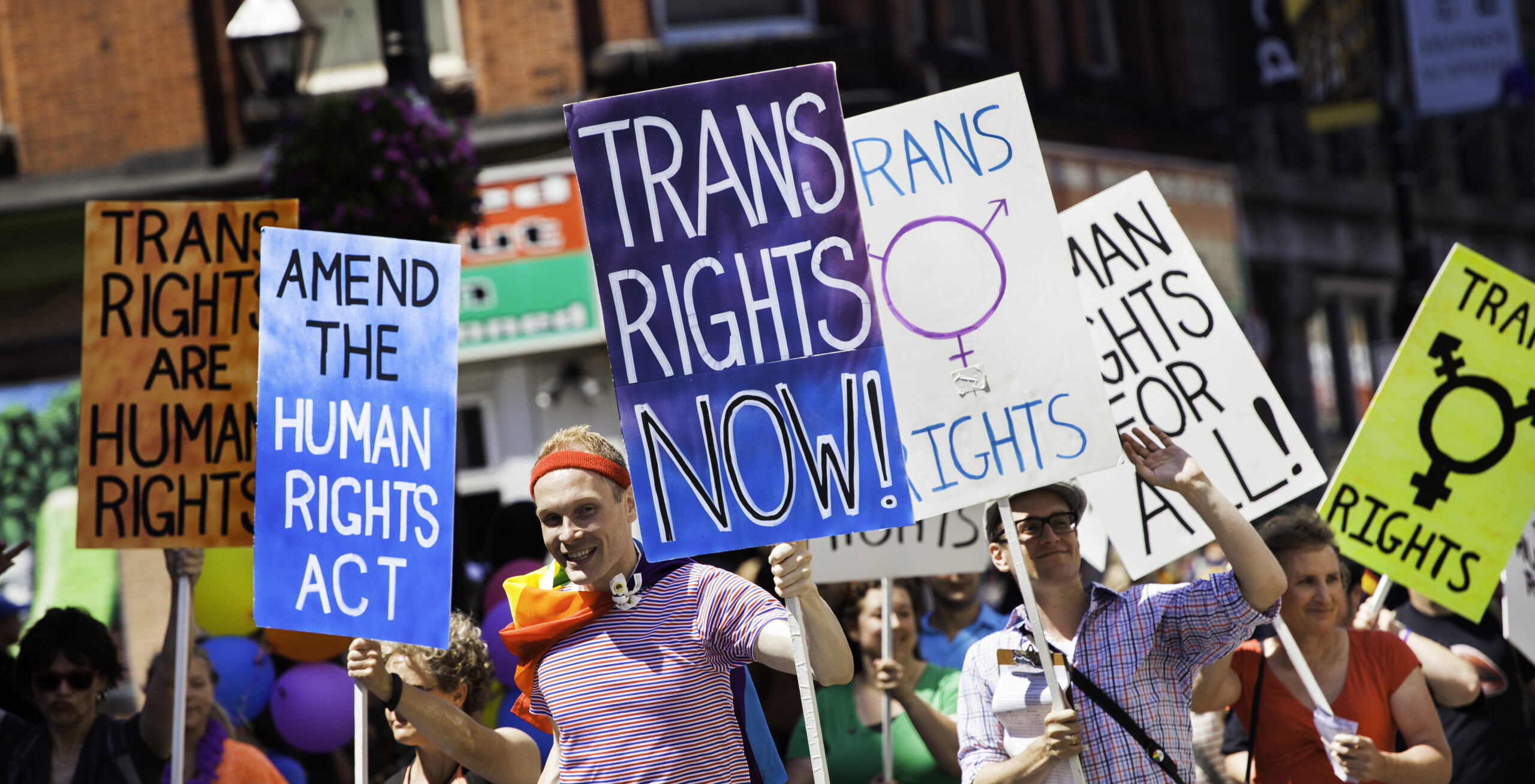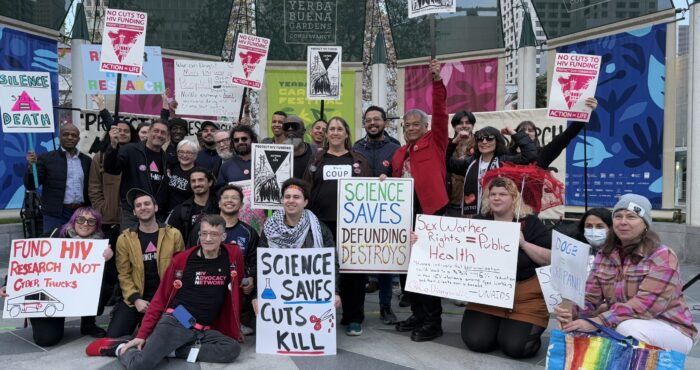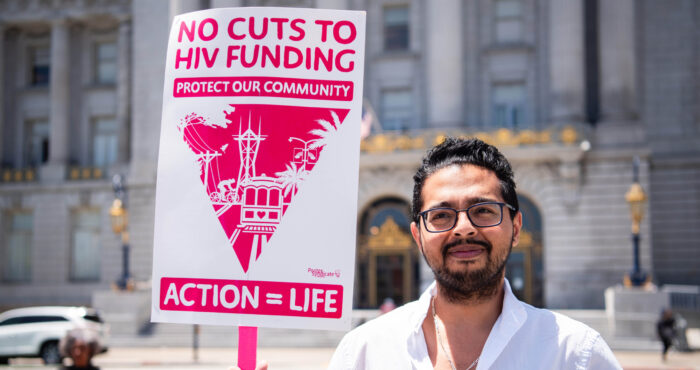When gender-affirming care is under attack

Imagine a government where the mention of ‘gender awareness’ or ‘reproductive health’ becomes taboo, where programs supporting survivors of gender-based violence are defunded, and where laws protecting gender equality in education and the workplace are dismantled.
In fact, you actually don’t have to imagine this possibility, you can read about it in Project 2025.
The 900-page ‘Mandate For Leadership’ manual outlines a clear plan to reorganize the entire federal government, agency by agency, to serve a regressive agenda that would prioritize removing the words ‘gender awareness’ and ‘reproductive health’ from government documents. Because heaven forbid we acknowledge the existence of different genders or the importance of access to reproductive healthcare.
Gender-affirming care is medically necessary for individuals who experience gender dysphoria. Simply consider the decades of research and every major medical association who agrees. Yet, as of August 2024, 39.4% of transgender youth (ages 13-17) live in the 26 states that have banned gender-affirming care. Some states have considered banning care for transgender people up to age 26. The proposed legislation being considered in state legislatures across the country offers a glimpse into how desperately some government officials want to vie for our personal autonomy.
Political rhetoric has consequences. The demonization of transgender people, painting them as threats to safety and privacy, gives license to those inclined to bigotry, emboldening them to act on their prejudices. Therefore, and not surprisingly, the surge in anti-transgender legislation has coincided with an increase in anti-LGBTQ+ hate crimes. Nearly 1 in 5 hate crimes are now motivated by anti-LGBTQ+ bias, with anti-transgender incidents increasing by 40% from 2021 to 2022.
The constant threat of discrimination and the stress of living in a society that refuses to recognize identities could take a severe toll on the mental health of transgender and non-binary individuals. Rates of anxiety, depression, and even suicide might surge in the face of such widespread inequality and erasure. Transgender youth, already at elevated risk for mental health challenges, could be particularly impacted by the restrictions and discrimination, leading to an additional burden to the already existing mental health crisis seen in our community.
The consequences for the well-being and very lives of transgender and non-binary individuals could be devastating, and for some it has meant death. Over 350 transgender and gender non-conforming people have been killed in the past decade, with a quarter of these deaths occurring in the last three years, 20% of which came from Texas and Florida alone.
What we’ve seen in recent years has largely been a state-driven mobilization against LGBTQ lives, but with Project 2025 as their intended policy agenda, a governing manifesto, the threats to our community would only be extended to the national stage. Project 2025 seeks to double down on pushing an agenda that erodes the health of our communities.
Instead, imagine a society where gender-affirming care is recognized as the medically necessary, life-saving intervention it is. Where no young person is barred from the care they need to alleviate distress and live a healthy, authentic life. Where every state and the federal government actively work to protect access to this care, rather than trying to strip it away.
Picture a world where transgender people are not demonized or debated, but recognized and respected. Where our identities are not used as a political weapon to sow fear and division. Where our existence is not a topic of constant controversy, but an accepted part of human diversity.
In fact, you actually don’t have to imagine this possibility, you can vote for it on or before November 5, 2024.










